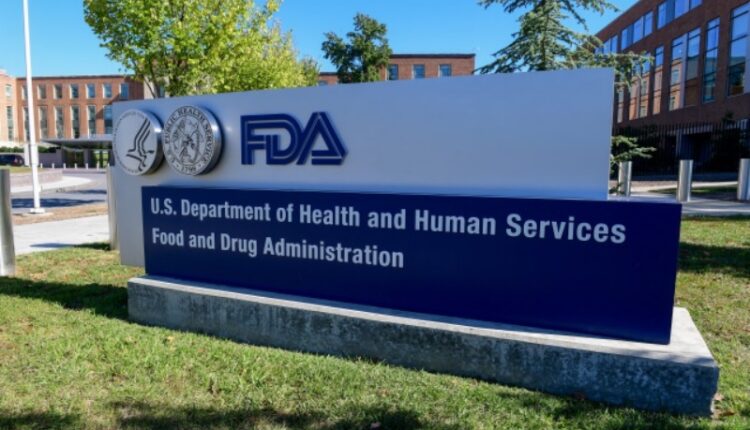
FDA Releases Much-Anticipated Draft Guidance On Psychedelic Research For Mental Health Conditions
Guidance on psychedelic research could finally be coming from the world’s top pharmaceutical regulatory body. The U.S. Food and Drug Administration (FDA) has released draft guidance aimed at researchers exploring the potential of psychedelic drugs for treating medical conditions—including psychiatric disorders and substance use disorders. This is a significant milestone as it marks the first FDA draft guidance providing recommendations to the industry regarding the design of clinical trials involving psychedelic drugs.
The document highlights key considerations throughout the drug development process, encompassing aspects like trial conduct, data collection, subject safety, and the requirements for a new drug application. The FDA’s publication aims to outline the inherent challenges in developing programs for psychedelic drug research and provide guidance on addressing these challenges. The ultimate goal: to assist researchers in designing studies that produce reliable results capable of supporting future New Drug Application (NDA).
With the growing interest in investigating the therapeutic benefits of psychedelic drugs, the was the FDA’s logical next step. These substances are being examined for their potential in addressing conditions like depression, post-traumatic stress disorder (PTSD), substance use disorders, and other related ailments. But conducting clinical studies to evaluate the safety and effectiveness of these compounds presents unique considerations.
Dr. Tiffany Farchione, Director of the Division of Psychiatry in the FDA’s Center for Drug Evaluation and Research, acknowledged the initial promise shown by psychedelic drugs in treating mood, anxiety, and substance use disorders. She further emphasized that these drugs are still under investigation.
By publishing this draft guidance, the FDA hopes to outline the challenges inherent in designing psychedelic drug development programs and provide information on how to address these challenges. The goal is to help researchers design studies that will yield interpretable results that will be capable of supporting future drug applications.
Tiffany Farchione, M.D., director of the Division of Psychiatry in the FDA’s Center for Drug Evaluation and Research
The draft guidance primarily focuses on advising researchers on study design and other important considerations as they develop medications containing psychedelics. Sponsors involved in exploring the therapeutic potential will now be given specific guidance to account for distinct characteristics when designing clinical trials.
The document highlights key considerations throughout the drug development process, encompassing aspects like trial conduct, data collection, subject safety, and the requirements for a new drug application. In cases where psychedelics fall under Schedule I controlled substances, the draft guidance specifies that activities related to investigations under an Investigational New Drug Application must adhere to relevant Drug Enforcement Administration regulatory requirements.
The draft guidance also addresses the role of psychotherapy in the development of psychedelic drugs, safety monitoring considerations, and the importance of determining dose-response and treatment effect durability.
The draft guidance heads to comment period, where the public will have 60 days to submit comments for consideration.



